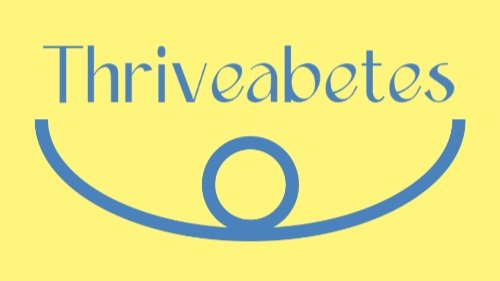The lack of diabetes services is a national issue: there isn’t a corner of the country that isn’t affected in some way. In recent weeks, we have seen issues highlighted in Sligo, Cork and Donegal.
I’m focusing on Limerick and the Midwest this week because this is my area and I’ve spent a lot of time keeping track of the facts for a number of years now. Im very glad that these gaps are getting some attention now. Plus, it’s personal for me.
University hospital limerick has huge staff shortages in the diabetes service but, in my opinion, the most serious issue is around the fact that there is no diabetes dietitian at all, in the entire hospital group. This shortage has HUGE implications for people with diabetes; a chronic condition whose management revolves around food.
According to Fintan Walsh from the Limerick Leader, UL hospital submitted a funding application recently for one dietitian post but was refused. I’m assuming it’s because of the hiring freeze within the HSE but maybe not.
So how do we impress upon the department within the HSE who makes these decisions the importance of dietitians in diabetes care and how this is a patient safety issue.
The importance of a dietitian for people with diabetes
For people with diabetes, diet and nutrition play an important role in managing blood glucose levels. However, when insulin is part of your diabetes management, a dietitian isn’t just an important role it’s absolutely necessary. A diabetes dietitian explains how to monitor the impact of meals on blood glucose levels, makes sure you’re getting the correct amount of insulin, consider what and how much you eat, so you can match the glucose entering your bloodstream with the insulin dose you take.
Photo Credit Jeffrey Brewer former CEO of JDRF
Carbohydrate Counting
Carb counting is an important part of managing type 1 diabetes. When you eat carbohydrates, it’s broken down into glucose and absorbed into your bloodstream where it can be used for energy.
It’s important to have a good understanding of how much, and what type, of carbohydrates are in the foods you eat as this will help you work out how much insulin you need to give with meals and snacks.
I’ve been speaking to a number of people who attend Limerick recently and I would like to share the experience of John Donegan from near Thurles in Co. Tipperary of attending Limerick for the last 23 years.
Access to a Dietitian Improved my Life with Diabetes
John Donegan, who lives near Thurles in Co Tipperary, was diagnosed with type 1 diabetes 23 years ago and he says “like every other type 1 diabetic, my world was turned upside down”.
I have been attending the diabetic clinic in Limerick Regional Hospital since 1996 and the team do everything they can to support me but this wasn’t enough. My diabetes management wasn’t good and it was affecting my quality of life. I spoke with the team about trying an insulin pump and was told even though I was an ideal candidate for one, they couldn’t give it to me as they didn’t have any dietitians to teach the carbohydrate counting: a skill necessary for people going on an insulin pump to adults.
This was heartbreaking to hear as insulin pumps have been around for over 30 years and have advanced so much and yet a Regional Hospital such as Limerick don’t have the a vital service.
I looked into transferring to another hospital that did offer insulin pumps but the waiting list was too long. It was when I joined the online diabetes support group that I discovered that I could access an insulin pump and the training in a private hospital and I was fortunate enough to be in a position to pay for this. I traveled to Dublin for my consultation in March 2017 and shortly after, I attended for pump and carb counting training. Having access to a dietitian has improved my quality of life.
When I was diagnosed, the dietary advice I was given was a couple of handouts telling me what I could eat and what foods I should avoid as a diabetic.When I went to Dublin for my insulin pump training, I learned how to count my carbohydrates which taught me how to adjust my insulin based on what I was eating or what I felt like eating. It also taught me that different types of foods have different effects on my sugar levels and I learned how to give myself insulin to cover it and how to understand food labels. Now, the foods I had been warned to avoid became foods I could enjoy in moderation, just like everyone else.
This training has helped me so much, I am 2 years using my insulin pump and it has given me the flexibility and freedom to enjoy life and not be living in fear.
Access to the relevant services to help maintain this condition is vital to us.
The Lack of Diabetes Resources Reaches Beyond Limerick
Thank you John for sharing your experience with us. This issue in Limerick reaches beyond county Limerick: people from counties Clare, Tipperary and Kerry also attend UH Limerick because it’s the biggest hospital in the region. This issue affects Galway and Cork also as people who can travel to other hospitals for care do leading to services in UH Galway and Cork being under severe pressure: I believe that the waiting list to attend a type 1 diabetes clinic in Galway is more than two years.
Regions affected by lack of services in Limerick



